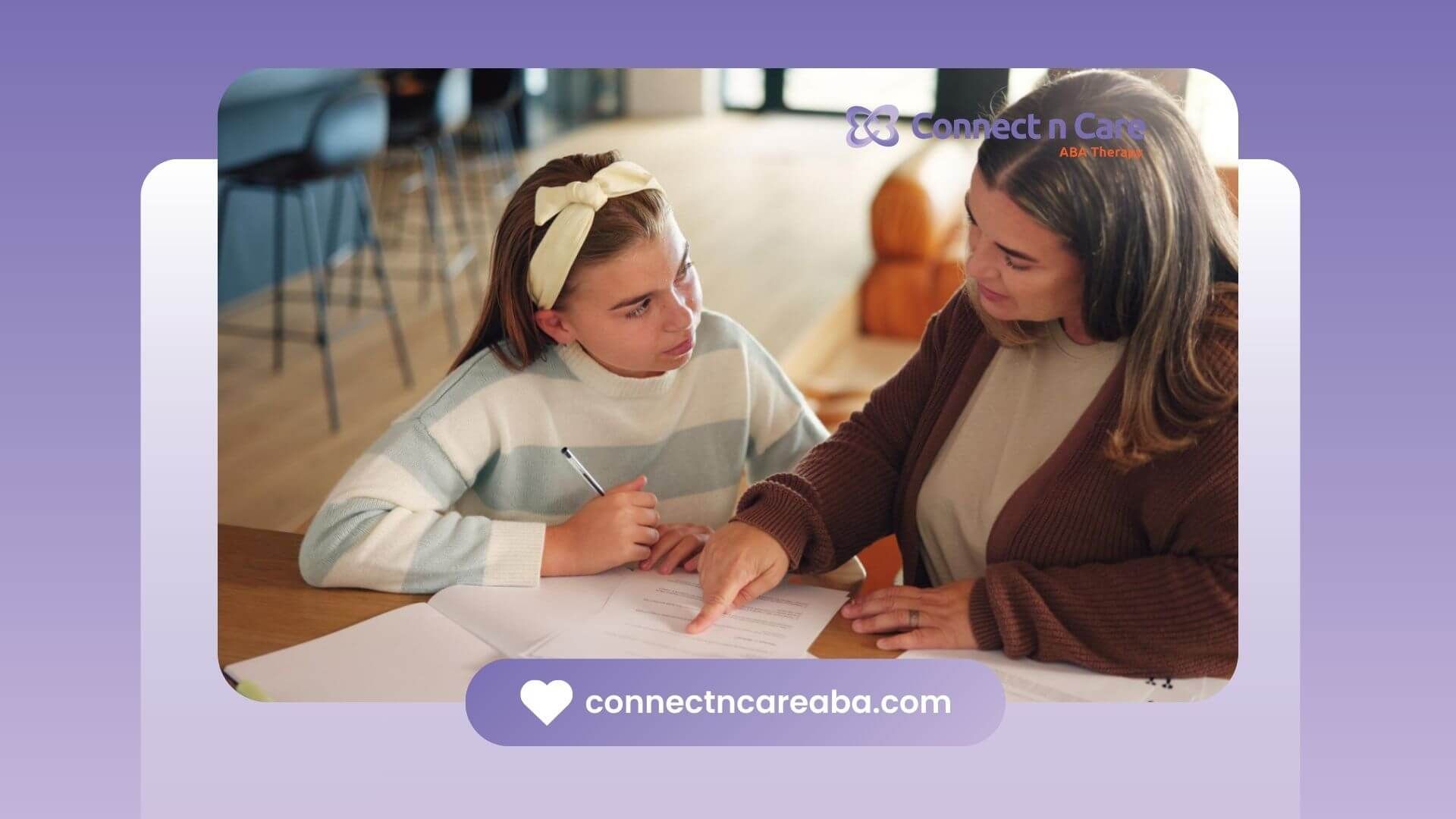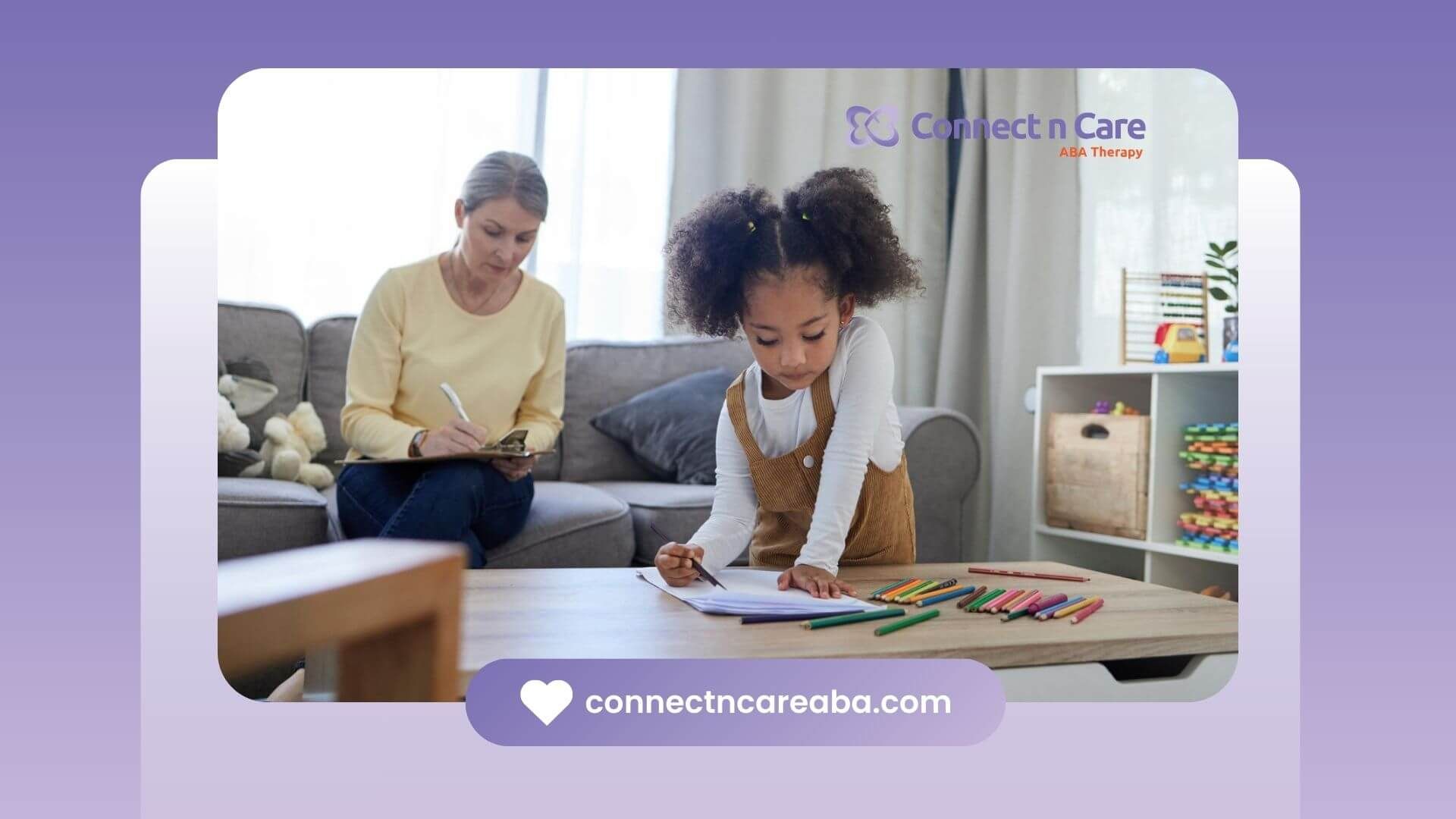Confidence is one of the greatest gifts we can help a child build. For children with autism, confidence often doesn’t come naturally—it’s something that needs encouragement, support, and the right strategies.
That’s where ABA therapy makes a difference. With consistent practice, positive reinforcement, and individualized goals, children begin to believe in themselves, which opens the door to new skills, friendships, and independence.
The Role Of Confidence In A Child’s Growth
Confidence influences everything: how a child learns, how they play, and how they connect with others. When children feel unsure of themselves, they may avoid challenges, withdraw in social settings, or feel overwhelmed when things don’t go as expected.
For children with autism, this is especially important. Many experience difficulties with communication, social interaction, or daily routines.
These challenges can sometimes lower self-esteem. But when children begin to succeed—even in small ways—they learn that they can accomplish things. That belief fuels resilience and joy in learning.
I’ve seen firsthand how a child’s face lights up when they master a skill they once struggled with. That spark of pride is what ABA therapy aims to nurture consistently.
How ABA Strategies Nurture Confidence
ABA therapy isn’t about forcing skills—it’s about breaking learning into steps a child can actually succeed with. Every achievement, no matter how small, builds on the last, creating a strong foundation for confidence.
Positive Reinforcement Creates Motivation
Children thrive when their efforts are celebrated. In ABA, we use positive reinforcement—like high-fives, verbal praise, tokens, or access to a favorite activity—to make success exciting. Over time, children begin to associate learning with positive feelings, not stress.
Small Steps Lead To Big Progress
Big tasks can feel overwhelming. That’s why we break them down into smaller, more manageable pieces. For example, instead of saying “get dressed,” we may teach each step—putting on a shirt, then pants, then socks. Each successful step builds confidence and creates momentum.
Social Skills Become Less Scary
Interacting with others can feel intimidating, but confidence grows through practice. ABA strategies include role-playing conversations, practicing eye contact, and modeling how to join group activities. By practicing in a structured, supportive way, children feel safer and more prepared for real-life interactions.
Independence Builds Pride
Confidence often comes from realizing, “I can do this on my own.” ABA encourages independence in daily routines like brushing teeth, packing a backpack, or asking for help. With each skill mastered, children gain pride in their abilities and begin to rely less on constant support.
Extending Confidence Beyond Therapy
The strategies we use in ABA sessions don’t stop when therapy ends—they’re most effective when carried into everyday life. That’s why parent involvement is so important.
Through ABA parent training, families learn how to reinforce skills at home, making progress more consistent. Parents are shown how to celebrate wins, use positive reinforcement effectively, and create routines that boost independence.
Here are a few ways families can help confidence grow at home:
- Celebrate small victories, like finishing a puzzle or trying a new food.
- Offer choices (like which toy to play with) so your child feels in control.
- Stay patient with mistakes—confidence grows from encouragement, not pressure.
- Model bravery by trying new things together and showing that mistakes are okay.
When children see they’re supported and believed in across all settings—home, school, and therapy—their confidence flourishes.
At Connect N Care, we believe every child has the ability to grow, thrive, and feel proud of themselves. Confidence is at the heart of what we do. We tailor ABA therapy to meet each child where they are, focusing on progress that feels positive and meaningful.
We provide ABA therapy across North Carolina and Virginia, with services designed to fit the needs of families:
- In-Home ABA Therapy – Supporting children in their own familiar space, where they feel most comfortable.
- School-Based ABA Therapy – Helping students succeed academically, socially, and emotionally in their classrooms.
- Center-Based ABA Therapy – Offering a structured setting where children can practice skills and connect with peers.
- ABA Parent Training – Empowering families with the tools to reinforce confidence and learning at home.
We’re here to walk alongside families and celebrate every step of progress. Confidence isn’t built in a single day—it’s built moment by moment, success by success. And we’re proud to be part of that journey.
Ready to see your child grow in confidence? Contact us today to learn more about ABA therapy in North Carolina and Virginia.
FAQs
How does ABA therapy help with self-esteem in children with autism?
ABA helps children master skills in small, achievable steps. Each success is reinforced, which builds pride and self-belief, leading to stronger self-esteem over time.
Can confidence built in therapy transfer to real-life situations?
Yes! ABA strategies are designed to generalize skills, meaning children can apply what they’ve learned at home, in school, and in the community. Parent involvement ensures confidence extends beyond therapy sessions.
What if my child struggles with failure—won’t that lower their confidence?
Struggles are expected, but in ABA, we adjust goals so children experience success. By celebrating effort and persistence, children learn that mistakes are part of learning, not a reason to give up.
Sources:
- https://www.thechicagoschool.edu/insight/psychology/scientific-concepts-applied-behavior-analysis/
- https://www.autismspeaks.org/applied-behavior-analysis
- https://online.regiscollege.edu/blog/aba-therapy-examples
- https://gsep.pepperdine.edu/blog/posts/aba-techniques-strategies-for-behavior-analysts.htm
- https://pmc.ncbi.nlm.nih.gov/articles/PMC7874369/









